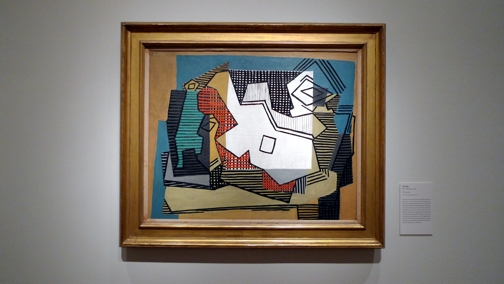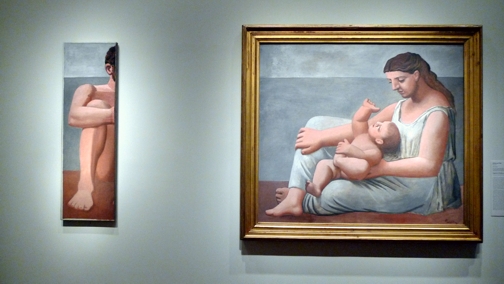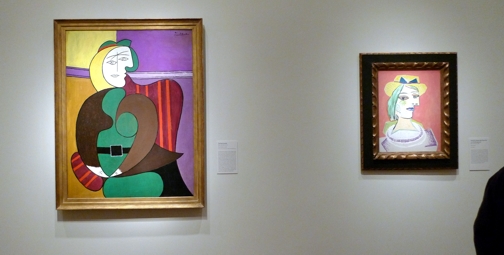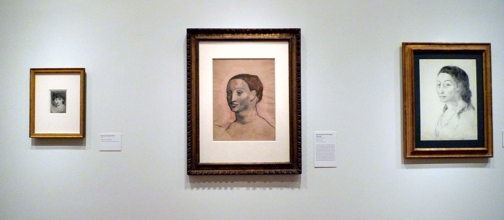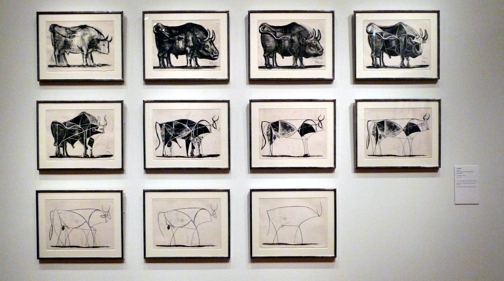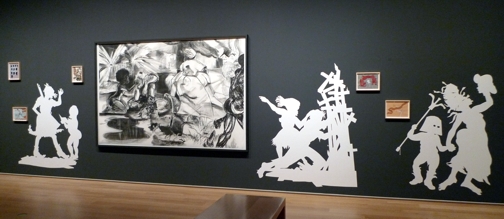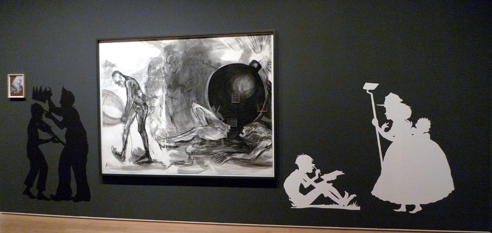
Usually, when asked by artists what direction their art should take, I advise them to do what resonates -- to do what they believe in and to be who they are.
When it comes to museums, there are other issues. Museums' missions are skewed. Museums are typically funded from a combination of sources including, donations, membership and government support. Ostensibly they are about art, but mostly they are about their own survival.
Survival and success are determined by the museums' relationship to its audience. A museum cannot rely solely on a knowledgeable art audience. It needs more breadth, diversity and inclusivity to satisfy its powerful appetite for support. This has a strong influence on what gets shown, which is why blockbuster exhibitions like King Tut or even Picasso show up more often than Gustave Caillebotte, Phillip Guston or Louise Bourgeois.
It's expensive to borrow art from foreign institutions. Crating, insurance and freight for special items can approach prohibitive, so drawing on one's existing collection and borrowing from the community significantly reduces expenses,
All of which explains a lot about the Art Institute of Chicago's Picasso show. It's convenient, facile and presents very little new about an artist we already know a lot about, but it's a name recognized by the public and it gets them in the door. You've probably guessed correctly that I found the show lackluster. There are some fabulous pieces to revisit and bountiful works on paper, many of which were conserved for exhibition -- which I point out because it's always good when art gets properly taken care of.
I was more excited to see the Kara Walker show, which was curiously hidden within the Modern Wing's permanent collection. Walker is a brilliant artist whose art is provocatively uncomfortable, addressing issues of race. For the past few years Walker has been pushing her medium, which used to focus on silhouette looking cut-outs, to include projections, video and drawing. The current show feels crowded and confused, with small framed works, cut-outs and large drawings all vying for attention. Too much art is included; too many different media are competing and the show lacks synthesis. Regardless, seeing some Kara Walker is better than seeing none. I'm curious on your take.
A third show at the Art Institute doesn't fair much better. They Seek a City: Chicago and the Art of Migration, 1910-1950 is a big, important subject, an understanding of which informs our relationship to Chicago and its influence on us. Each wave of immigrants was someone new to look down on. Eventually people were assimilated and one's' past became less meaningful than their present contribution. Unfortunately, the show doesn't adequately reveal the immigrant's experience as it shows mostly an array of unsyncopated images, often by significant artists, but not always with great examples of their work. I expected more and left disappointed. Maybe my expectations were out of line. To too large an extent this show was also drawn from the permanent collection and local resources. I've seen better shows not in Chicago about early to mid 20th century art in Chicago. Given our institutions and our collectors we should do better at presenting a show with the unfulfilled potential this one had.
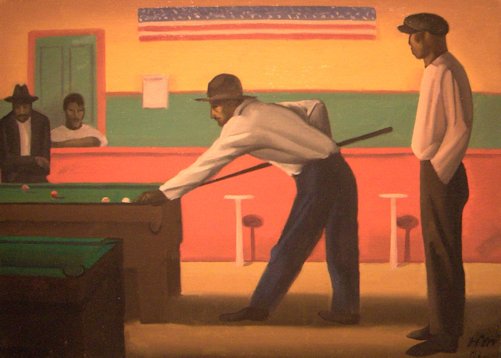
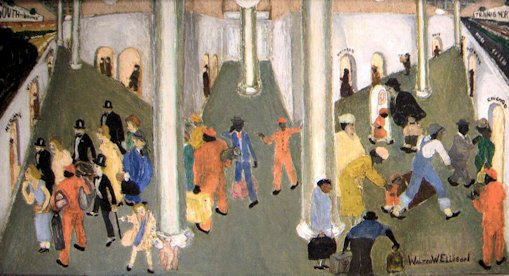
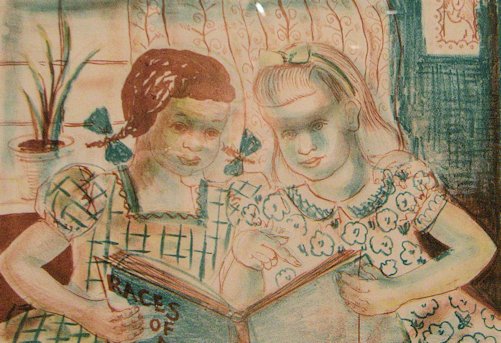
I look forward to seeing more good art. In the meantime, if you think the shows I've written about were much better than what I've suggested, I'd like to hear your opinion. I'd rather think they were good.
Warm regards,
Paul Klein
